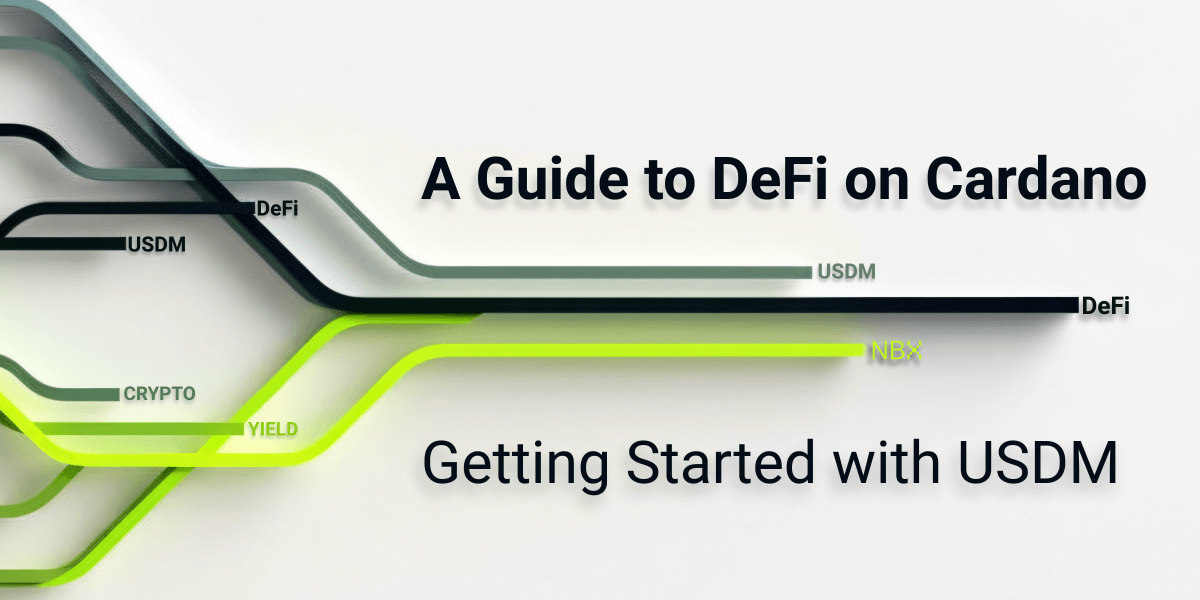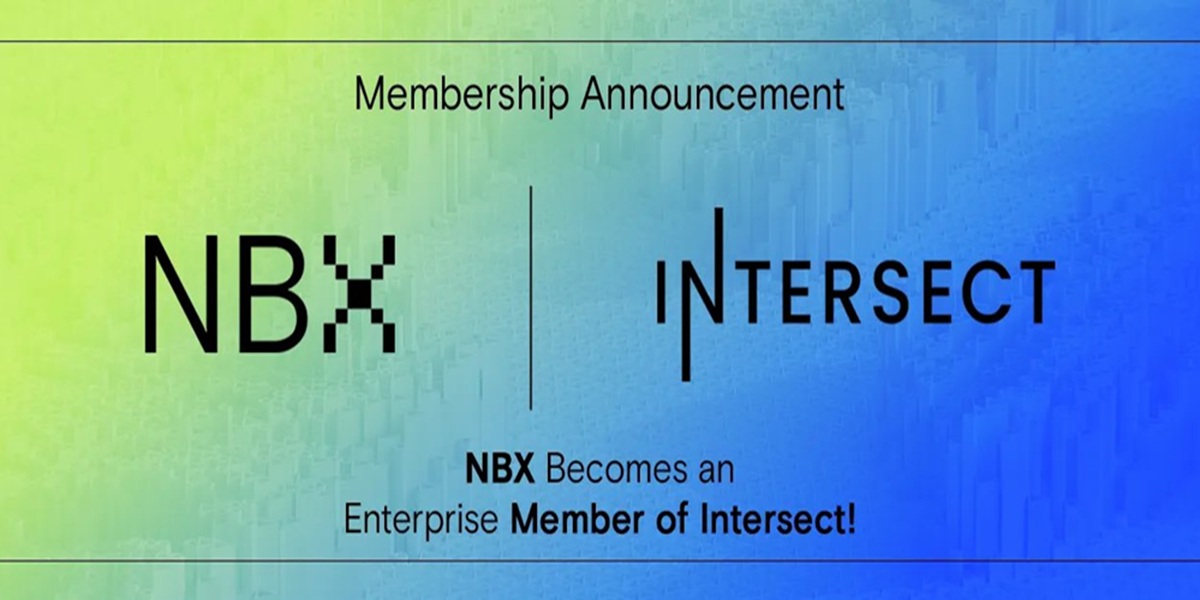Litecoin (LTC) is a peer-to-peer cryptocurrency that was created in 2011 by Charlie Lee, a former Google engineer. It is similar to Bitcoin in many ways, but it has some key differences that set it apart.
One of the main differences between Litecoin and Bitcoin is that Litecoin has a faster block generation time and a higher maximum supply. Litecoin has a block generation time of 2.5 minutes, compared to Bitcoin's 10 minutes, which means that transactions can be confirmed more quickly. Additionally, Litecoin has a maximum supply of 84 million coins, four times higher than Bitcoin's maximum supply of 21 million coins.
Litecoin also uses a different algorithm for mining than Bitcoin. While Bitcoin uses the SHA-256 algorithm, Litecoin uses Scrypt, which is considered to be more memory-intensive and ASIC-resistant. This means that it is more accessible for individual miners to participate in the network and earn rewards through mining.
Like Bitcoin, Litecoin is decentralized and operates on a peer-to-peer network. It can be used for a variety of purposes, including as a means of payment, as a store of value, and as a speculative investment. Litecoin has gained popularity among cryptocurrency users due to its fast transaction times, lower fees, and relatively stable value compared to other cryptocurrencies.
How long does it take to transfer Litecoin?
The transfer time for Litecoin can vary depending on network conditions and other factors. However, Litecoin is known for its faster block generation time compared to Bitcoin. Litecoin blocks are generated approximately every 2.5 minutes, which means that transactions can be confirmed more quickly compared to Bitcoin's 10-minute block generation time.
Once a transaction is broadcasted to the Litecoin network, it typically requires a certain number of confirmations before it is considered fully validated. Each confirmation represents the inclusion of the transaction in a new block. Merchants and exchanges may require a specific number of confirmations before considering a transaction as finalized.
On average, it is generally recommended to wait for at least six confirmations to ensure the security of a Litecoin transaction. With a block time of 2.5 minutes, this would result in a transaction time of approximately 15 minutes on average. However, it's important to note that this can vary, and sometimes transactions can be confirmed in a shorter amount of time.
It's worth mentioning that the transaction speed may also depend on other factors such as network congestion and the fee paid for the transaction. Higher transaction fees can incentivize miners to prioritize the inclusion of the transaction in the next block, potentially speeding up the confirmation process.
The article does not constitute financial advice.


